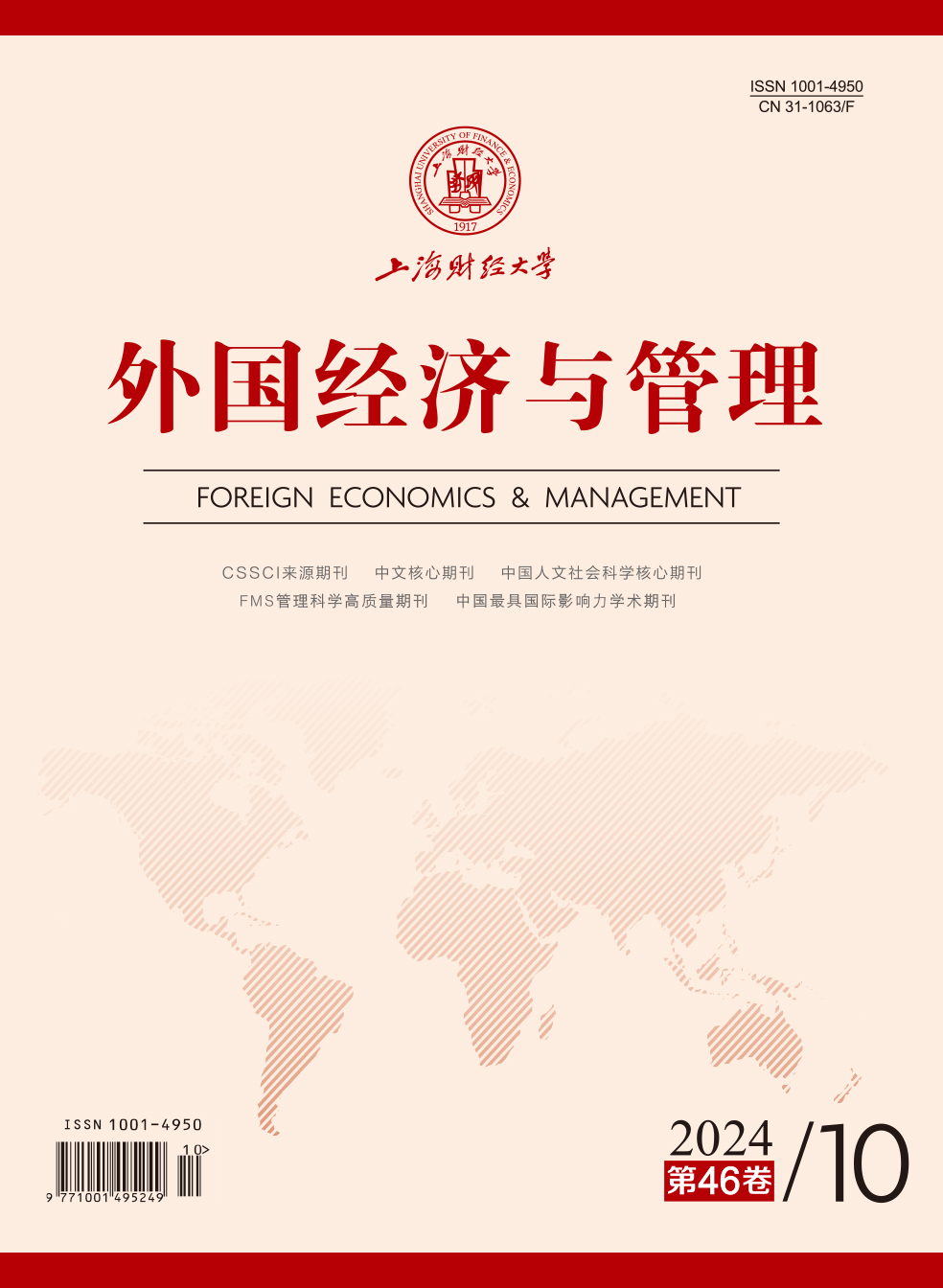Artificial Intelligence (AI) development is still on the “weak AI stage”, for the current occupational division of labor, it is impossible to achieve complete replacement of employees at the job level, but it is possible at the role division level for some roles. Based on the cognitive appraisal theory of stress, this paper explores the mechanism of two Human-AI interaction types on innovative work behavior. The analysis of 203 employees’ data collected from smart power plants at multiple time points shows that: (1) Conjoined agency with augmenting technologies positively affects innovative work behavior, while conjoined agency with arresting technologies negatively inhibits innovative work behavior. (2) STARA awareness mediates the relationship between Human-AI interaction and innovative work behavior. (3) Craftsmanship negatively moderates the effect of arresting interaction and positively moderates the effect of augmenting interaction on STARA awareness. This paper provides practical insights for managers to deeply understand the impact of the new work mode of Human-AI interaction on employees in the context of smart manufacturing, so as to implement effective management strategies to promote employee collaborative technology for work innovation.
 / Journals / Foreign Economics & Management
/ Journals / Foreign Economics & ManagementForeign Economics & Management
JIN Yuying, Editor-in-Chief
ZhengChunrong, Vice Executive Editor-in-Chief
YinHuifang HeXiaogang LiuJianguo, Vice Editor-in-Chief
The Impact Mechanism of Human-AI Interaction on Innovative Work Behavior: Evidence from Smart Power Plants
Foreign Economics & Management Vol. 46, Issue 10, pp. 105 - 120 (2024) DOI:10.16538/j.cnki.fem.20240907.102
Summary
References
Summary
Cite this article
Li Xiaoman, Chen Li. The Impact Mechanism of Human-AI Interaction on Innovative Work Behavior: Evidence from Smart Power Plants[J]. Foreign Economics & Management, 2024, 46(10): 105-120.
Export Citations as:
For
ISSUE COVER
RELATED ARTICLES




 3718
3718  5471
5471

